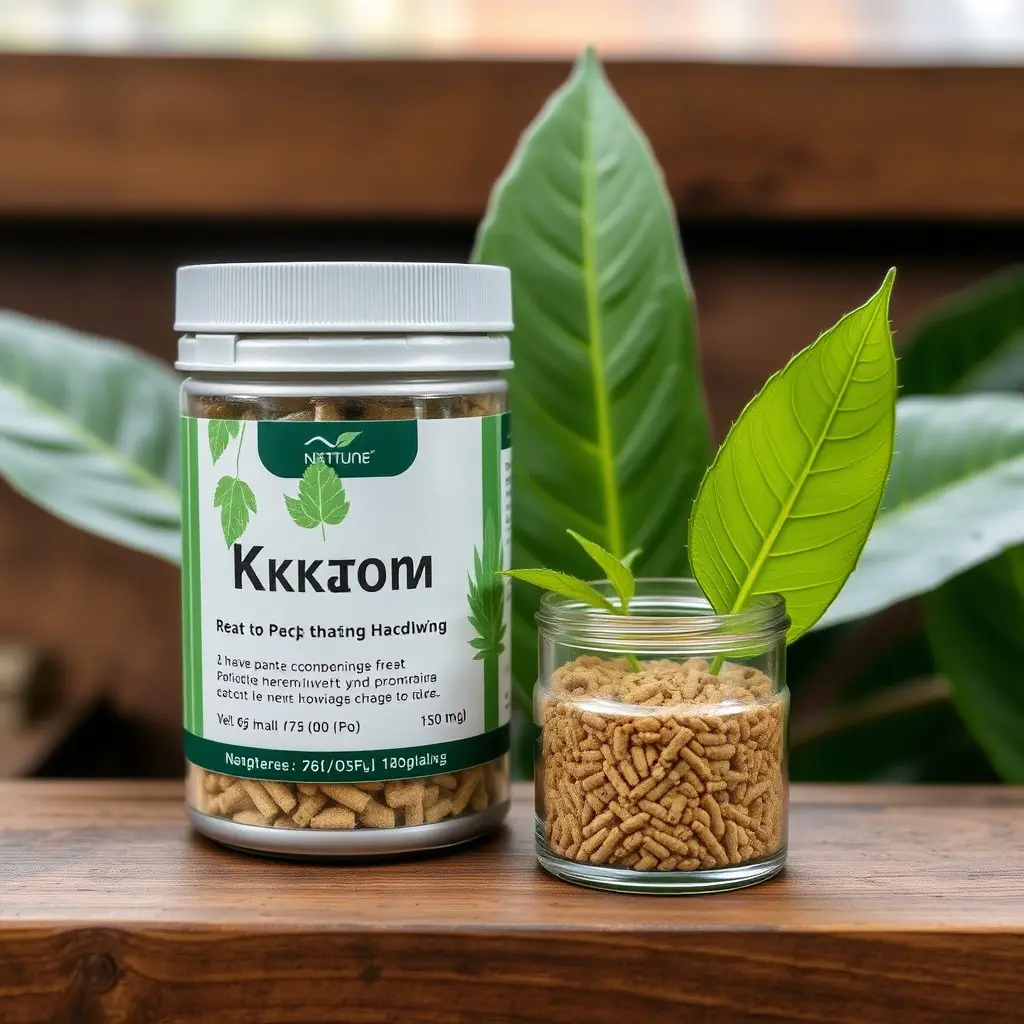Sports nutrition enthusiasts are turning to Kratom (Mitragyna speciosa) for its potential energy, focus, and recovery benefits. While generally legal in New York state, local regulations vary widely, with some areas prohibiting sale and possession of kratom, especially in raw form. Athletes considering kratom use should consult healthcare professionals and stay informed about both state laws and international sporting body rules to ensure safe and effective supplementation.
“Unleash your athletic potential with a unique approach to sports nutrition: exploring the role of Kratom. This all-natural herb has gained attention for its potential benefits in enhancing performance and recovery. In this comprehensive guide, we delve into the world of sports nutrition and Kratom, focusing on its legality in New York, its effects on athletic performance, and the considerations for safe and effective use. Discover how Kratom could be a game-changer for your fitness journey.”
- Understanding Sports Nutrition and Kratom: The Basics
- Is Kratom Legal in New York? Exploring the Legality and Regulations
- Potential Benefits and Considerations of Using Kratom for Athletic Performance
Understanding Sports Nutrition and Kratom: The Basics

Sports nutrition plays a pivotal role in optimizing performance and recovery for athletes. It involves understanding the intricate balance of macronutrients, micronutrients, and hydration to fuel and support physical activity. The goal is to enhance endurance, build muscle, and accelerate recovery, all while maintaining overall health. Kratom, scientifically known as Mitragyna speciosa, has emerged as a natural herb with potential benefits for athletes in New York (where its legality is regulated) and beyond.
Kratom’s unique chemical composition offers various advantages. It contains alkaloids that can provide energy and enhance focus, making it potentially useful for pre-workout routines. Additionally, kratom’s anti-inflammatory properties may aid in post-workout recovery, reducing muscle soreness and speeding up the repair process. However, it is essential to approach kratom as a complementary tool, especially considering its legal status varies across regions. In New York, it’s crucial to stay informed about local regulations regarding kratom use to ensure compliance and maximize potential benefits while minimizing risks.
Is Kratom Legal in New York? Exploring the Legality and Regulations

In New York, the legality of Kratom is a topic that has sparked curiosity and debate among residents and athletes alike, especially with growing interest in alternative sports nutrition. While kratom has gained popularity for its potential therapeutic benefits, understanding its legal status is essential before considering it as a supplement. New York state currently has mixed regulations regarding kratom, leaving some confusion about its availability and use.
It’s important to note that kratom’s legality varies across the state, with certain counties and cities having stricter regulations than others. As of the latest updates, kratom is considered legal at the state level, but local authorities may have implemented restrictions. Some regions in New York prohibit the sale and possession of kratom, especially in its raw form, while others allow it for personal use. Athletes considering incorporating kratom into their nutrition routines should research their specific county or city laws to ensure compliance and avoid potential legal issues.
Potential Benefits and Considerations of Using Kratom for Athletic Performance

Kratom, a natural herb with a growing popularity in the sports nutrition space, offers potential benefits for athletic performance. Its primary active compounds, mitragynine and 7-hydroxymitragynine, have been studied for their analgesic (pain-relieving) properties, which can help reduce muscle soreness and improve recovery post-workout. Some athletes also report increased energy levels and focus after consuming kratom, potentially enhancing performance during training or competition. Moreover, kratom’s sedative effects may contribute to better sleep quality, a crucial factor in optimal athletic recovery.
However, there are important considerations regarding the use of kratom for athletic purposes. The legal status varies across regions; while it is generally legal in New York, local regulations can change, and athletes must ensure compliance with both state and international sporting body rules. Additionally, the quality and purity of kratom products vary significantly, posing potential risks from contaminated or adulterated supplements. Safety concerns include side effects such as nausea, dizziness, and dependence, especially when used in high amounts. Athletes should consult healthcare professionals before incorporating kratom into their nutrition strategies to ensure informed decision-making and mitigate risks.
While kratom holds promise as a natural supplement for athletic performance, it’s crucial to consider its legality, specifically in New York, where regulations vary. Before incorporating kratom into your sports nutrition regimen, ensure you understand local laws and consult with experts for safe and effective use. Remember, knowledge and compliance are key when exploring alternative supplements like kratom.






